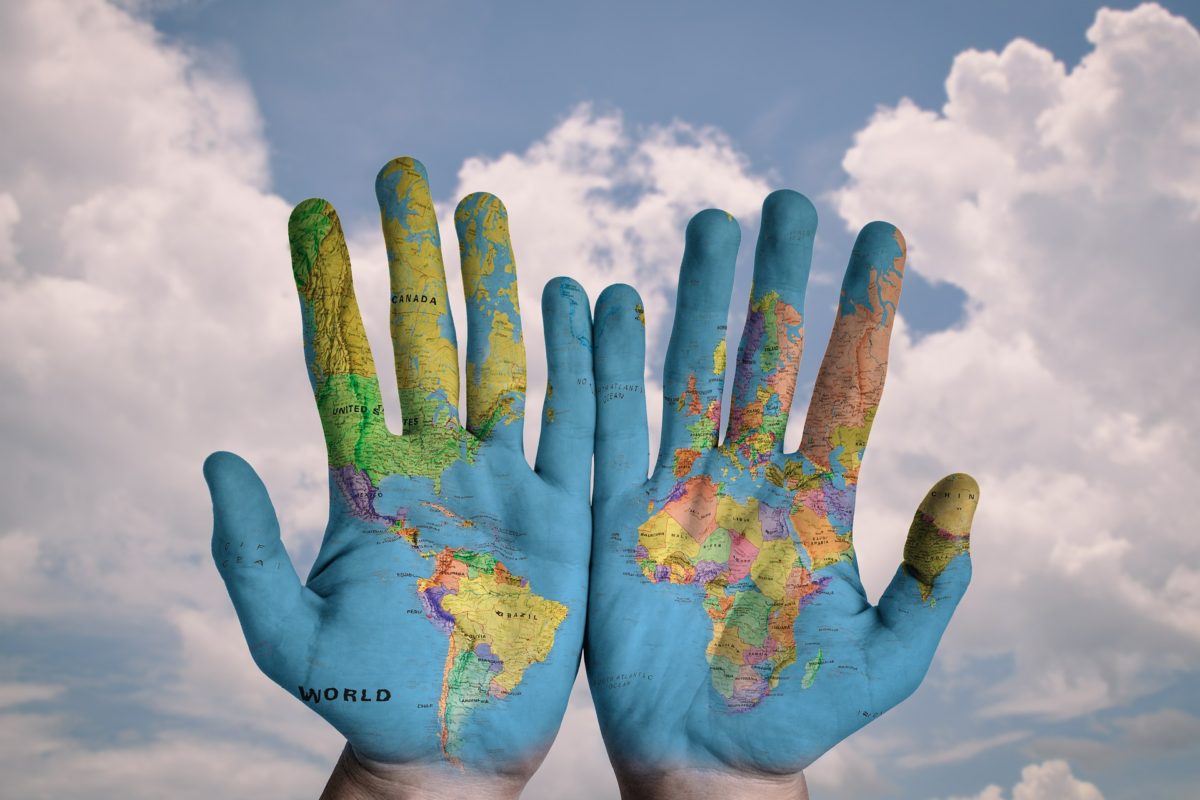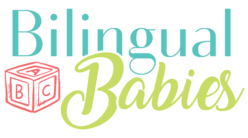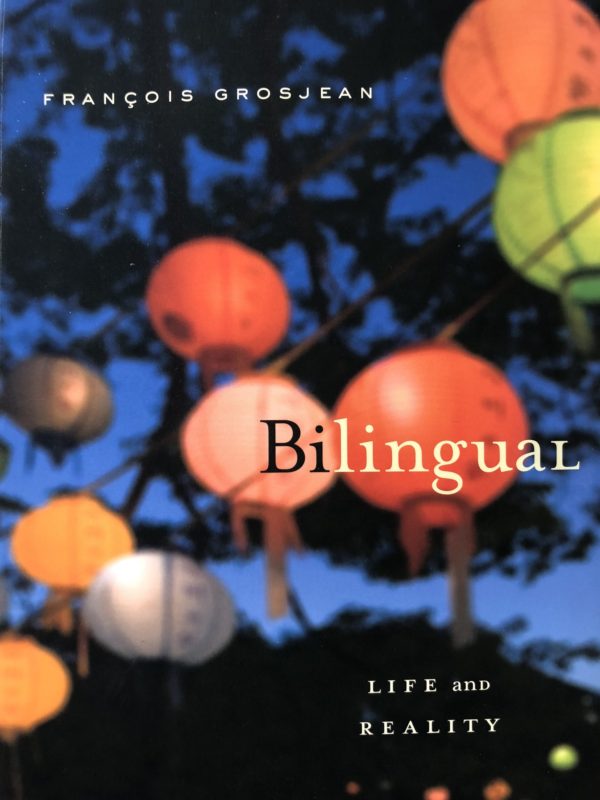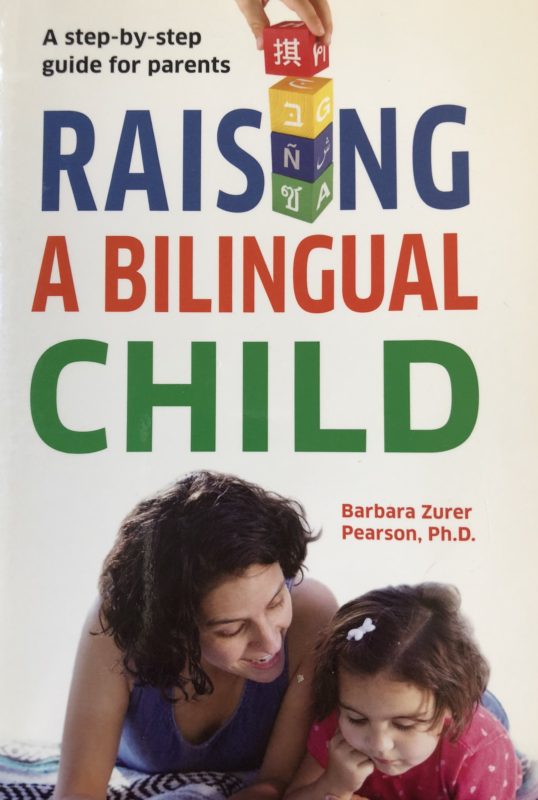There are more bilinguals than monolinguals in the world
Bilingualism is wide-spread. More than half of the world’s population speaks more than one language. So there are actually more people in the world who are bilingual or multilingual (more than two languages) than there are monolinguals! But when exactly is someone bilingual? Do you have to learn two languages from early childhood to be called “bilingual”? Or can an adult who learned a second language in school also be called “a bilingual”? Do you have to speak both languages equally well? Or is it okay to be better in one language than the other? In short, what does that mean to be bilingual?
Bilingualism comes in a variety of forms
 Well, when looking into the dictionary, we generally find that being bilingual essentially means you speak two languages. While at the surface level, that is correct, the question that remains is: how well do you have to speak both languages to be regarded a bilingual? The answer is: it varies! In fact, it varies from one bilingual to the next. In her book Raising a bilingual child, Barbara Zurer compares being bilingual to a spectrum that ranges from the newborn baby who cannot speak or read any language, but whose parents speak two or more languages to her, all the way to the simultaneous interpreter at the United Nations who is fluent and literate in two or more languages. For most bilinguals, the reality is somewhere in-between! It’s not black and white, but a whole lot of different shades of gray.
Well, when looking into the dictionary, we generally find that being bilingual essentially means you speak two languages. While at the surface level, that is correct, the question that remains is: how well do you have to speak both languages to be regarded a bilingual? The answer is: it varies! In fact, it varies from one bilingual to the next. In her book Raising a bilingual child, Barbara Zurer compares being bilingual to a spectrum that ranges from the newborn baby who cannot speak or read any language, but whose parents speak two or more languages to her, all the way to the simultaneous interpreter at the United Nations who is fluent and literate in two or more languages. For most bilinguals, the reality is somewhere in-between! It’s not black and white, but a whole lot of different shades of gray.
In most bilinguals, languages are not equally well developed
In most cases, the different languages a person speaks are not equally well developed. That is the case because bilinguals use their languages with different people, in different contexts, and for different purposes.
For example, Ella hears German from me, from my mother and my sister, as well as once at week at the Musikgarten (the toddler class at the local German school), while her every day life at daycare happens in English. One day, when I picked Ella up from daycare, I asked her in German if they had been to the Turnhalle (the gym) at daycare that day. She looked at me, clearly not understanding what I was asking. When repeating the question, I used the English word “gym” instead of Turnhalle in the German sentence. She immediately nodded. This showed me that she used this word/concept in English only and it had not come up in her German-speaking environment yet.
A similar thing happened to me a number of years ago near the U.S.-Mexican border. I was talking to a female cab driver who took me from the airport to the hotel in Laredo, Texas. We spoke Spanish and she asked me where I was from. So I answered “Soy de Alemania.” And she clarified “Alemania es Germany, no?”. I remember being surprised because she seemed completely fluent and proficient in Spanish—like a native speaker!
These examples show that languages in bilinguals–in children and adults–may be unequally developed. A bilingual may have a broader range of vocabulary in one language than in the other. Another bilingual may have full academic literacy in one language, but may not be able to write in the other language because he has always just spoken the language to his parents, but never received any formal training to learn how to read and write. Balanced bilinguals who have equally developed highly proficient language abilities in both languages (like the U.N. interpreter) are rare and it usually requires a lot of exposure and training to nurture equal development in all languages.
A bilingual is not the sum of two monolinguals
So it would actually be quite unfair to only call those people bilingual who have learned two or more languages from birth and are highly proficient in reading, listening, speaking and writing. In fact, people who fulfill these criteria are called “balanced or perfect bilinguals.” This group of bilinguals is VERY small! And if we hold everyone up to that ideal of the “balanced or perfect bilingual”, then learning languages can soon become quite daunting and discouraging. This dual monolingual view of bilinguals is actually something that may do more harm than good because it creates unrealistic expectations! For example, it would mean that only those who acquired two or more languages since birth or early childhood can be regarded as “real” bilinguals. But what about all the rest? Additionally, it can lead to bilinguals viewing their own language abilities as inadequate or deficient because they are judged by monolingual standards!
“Bilinguals are those who use two or more languages (or dialects) in their everyday lives”
Therefore, researchers like Francois Grosjean (2010) have argued that bilinguals are “those who use two or more languages (or dialects) in their everyday lives” (p. 4). So being bilingual is not about perfect mastery of two or more languages! It’s about regularly using the different languages that you have learned at any point in your life. It’s about drawing upon the amazingly broad repertoire of languages in our daily lives!
References:
- Grosjean, F. (2001). Bilingual: Life and reality. Cambridge, MA: Harvard University Press.
- Zurer, B. (2008). Raising a bilingual child. New York, NY: Living Language.
Further reading:




